How do others do it? AFAIR offered unique insights ”Behind the AI Scenes”
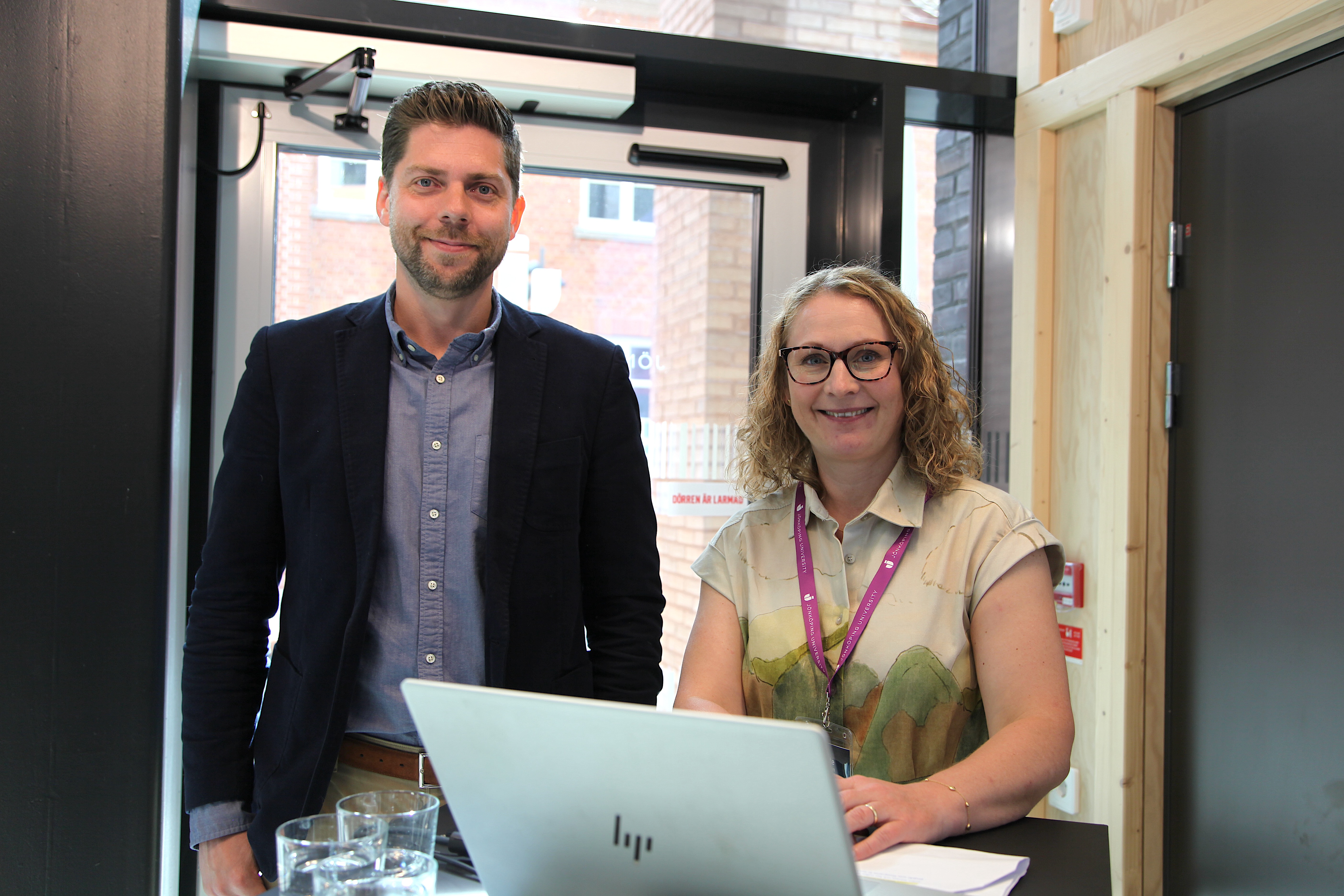
Håkan Nilsson from Siemens Energy and Anette Johansson from The School of Engineering were moderators.
During major technological shifts, it’s valuable to gain insight into how others operate. But this is an opportunity rarely given as most of it is secret... On the theme ”AI behind the scenes,” AFAIR invited companies and researchers to Science Park Towers in Jönköping
During the event, participants got a unique chance to see how leading Swedish companies work with AI. Representatives from AFAIR’s partner companies Fagerhult, Husqvarna, and Siemens Energy shared their experiences, along with our researchers. Throughout the day, participants shared their strategies and results – and some of that information indeed stayed within the walls of Science Park Towers. A major focus was also placed on sharing experiences and the importance of being wise together.
”Super satisfied”
So what is the actual business benefit of participating in a research project?
– We are super satisfied and very happy that we dared to participate, despite not knowing anything about AI. As a result, we today have our own AI lab and have developed several practical applications. There has been a fantastic atmosphere among the participating companies, and everyone has been generous. You really learn from each other, said Fagerhult’s Emma Hallman.
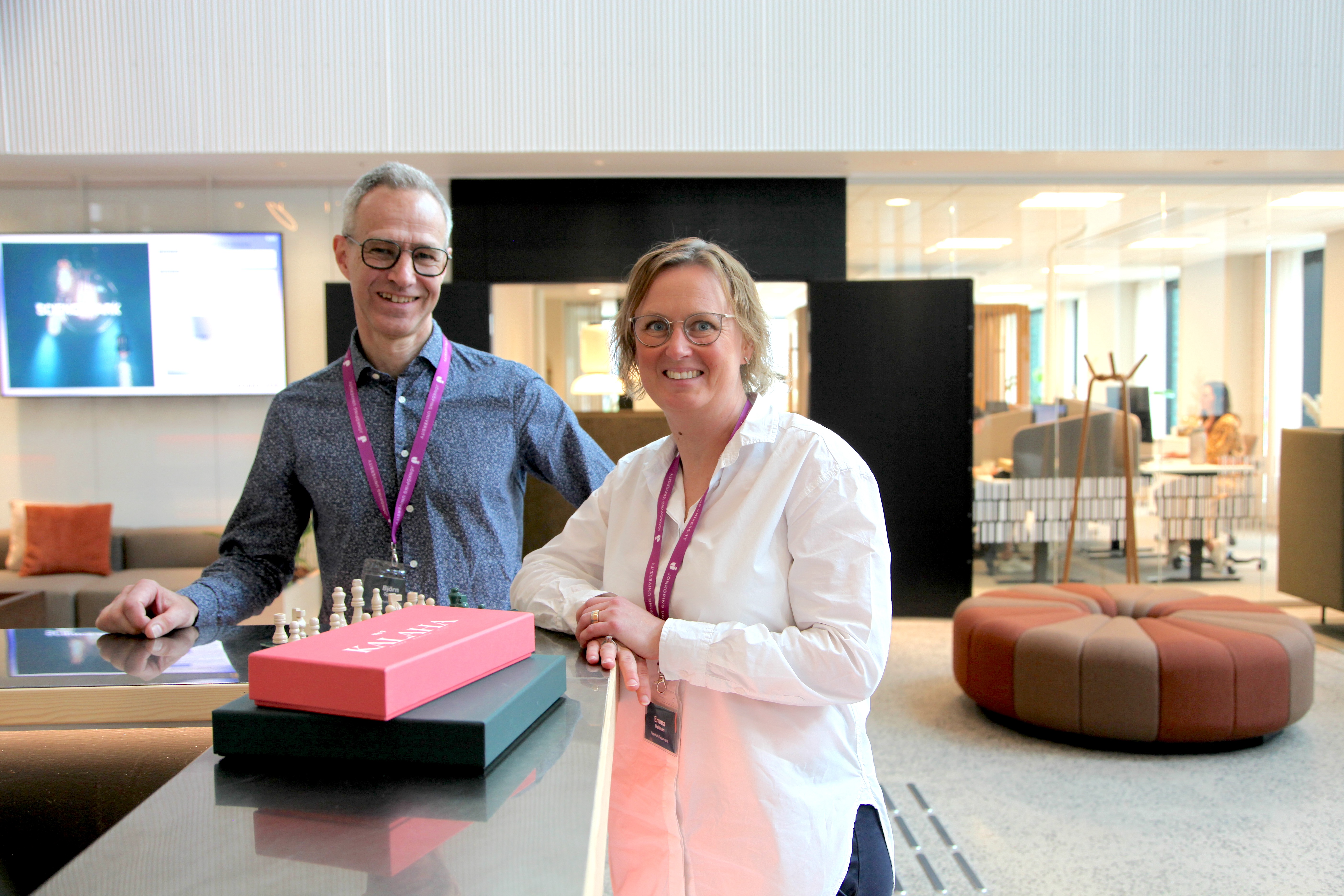
Björn Spaak and Emma Hallman, Fagerhult.
– For us, networking with other companies has been extremely valuable. In the long run, our participation in the project also contributes to us being an attractive employer, said Håkan Nilsson, Head of EHS Quality & Security at Siemens Energy.
For Ulf Axelsson Lejon, who leads the Husqvarna Innovation Lab, it is also obvious to participate:
– We do not aim to be the best at developing AI. But we want to be the best at leveraging and implementing AI. Our participation in AFAIR has taught us to focus on continuous learning.
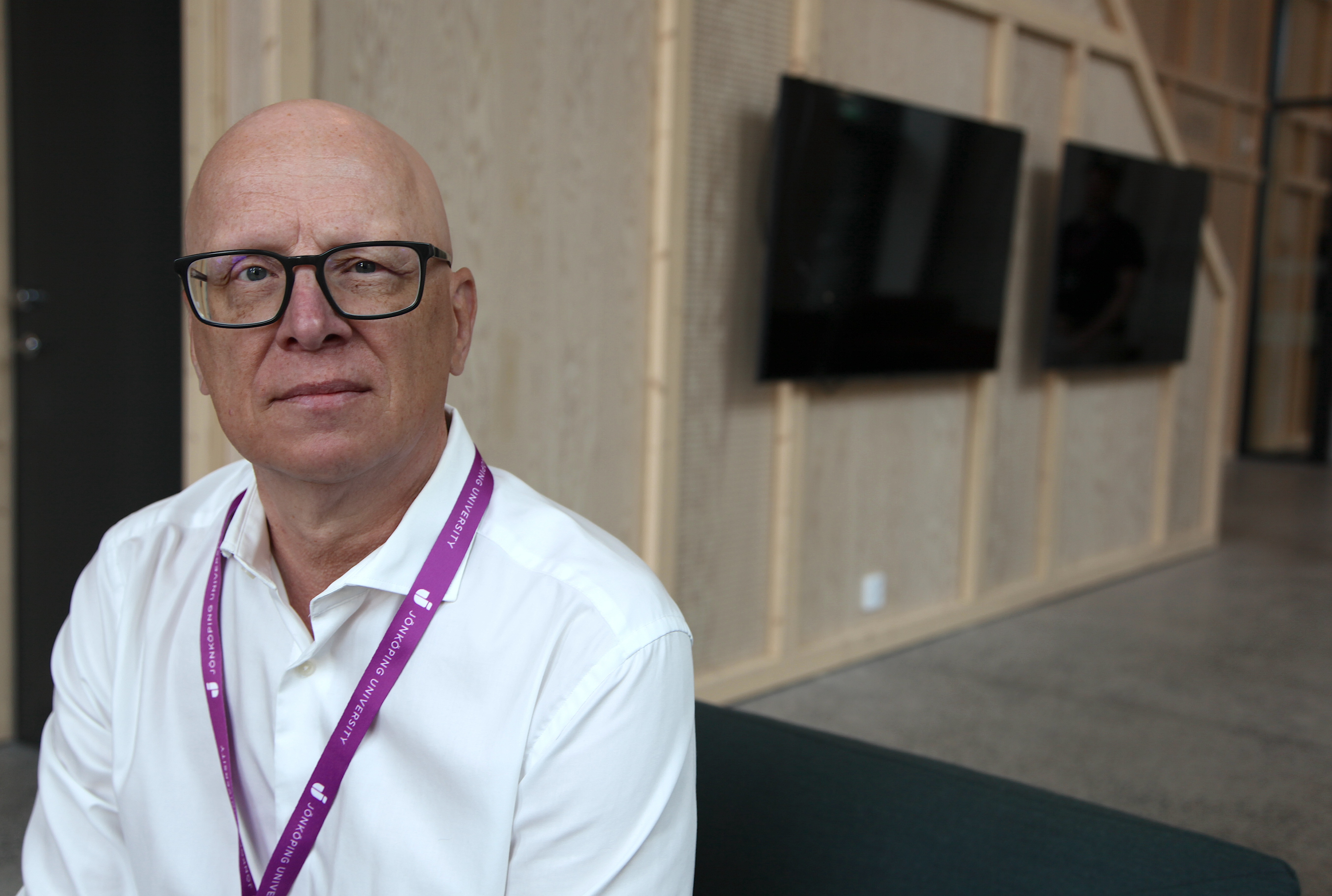
Ulf Axelsson Lejon leads the Husqvarna Innovation Lab.
The participants also received current insights from two of Sweden's leading researchers in the AI field: Henrik Boström, professor of computer science focusing on data analysis systems at the Division of Software and Computer Systems at KTH, and Elena Raviola, professor at the University of Gothenburg/HDK-Valand, who researches how AI impacts the work environment.
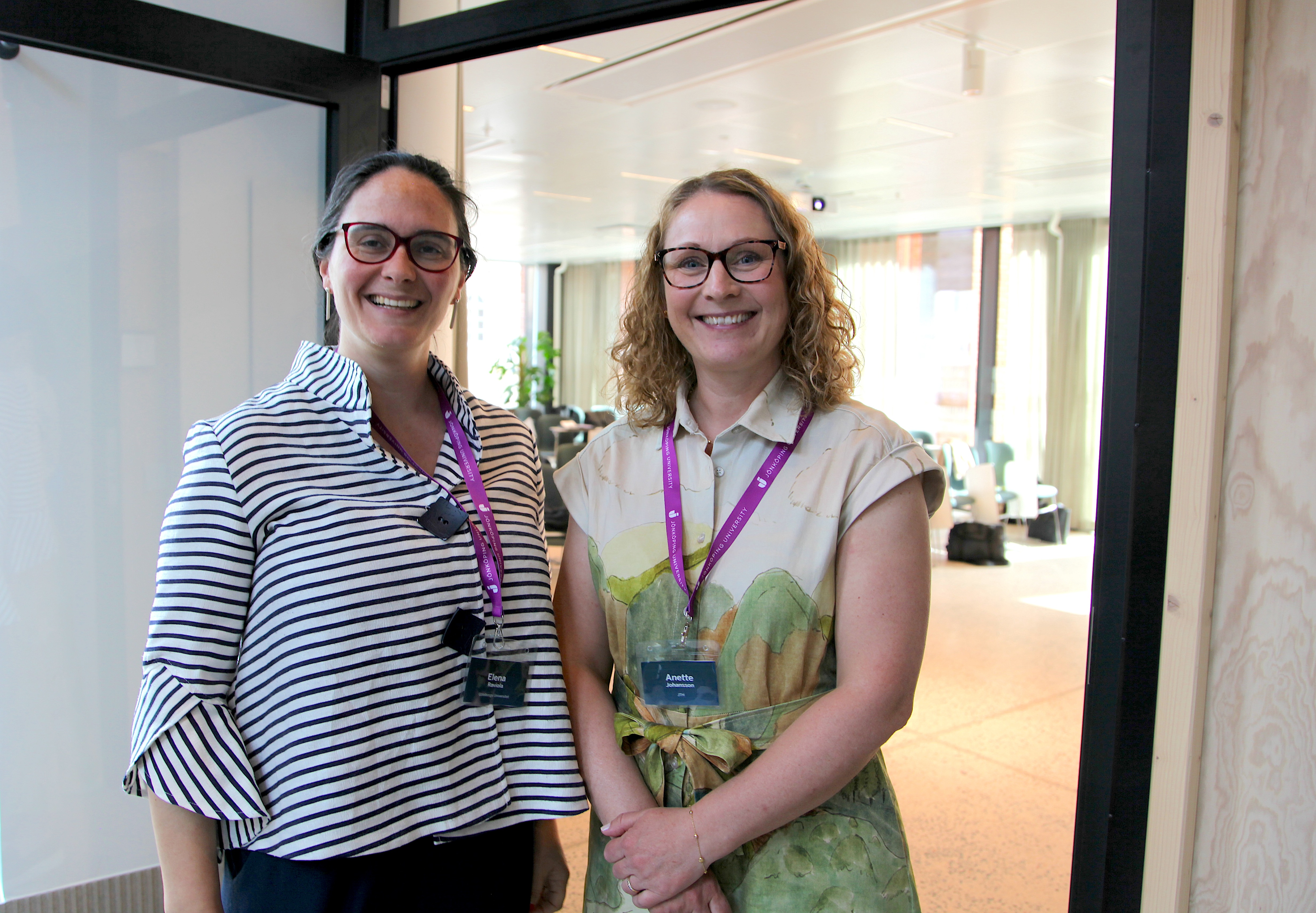
Elena Raviola, professor at the University of Gothenburg, and AFAIR’s Anette Johansson, who researches within the PropAIr project.
Can we trust machine learning?
Absolutely not, stated Henrik Boström, referring to a number of different examples in healthcare and finance where things have gone wrong. But why is that?
– We believe the models are better than they actually are and underestimate the uncertainty. A large part of the problems involves data leakage and the same data set being tested over and over again. But this is something that can be addressed through increased knowledge, said Henrik Boström.
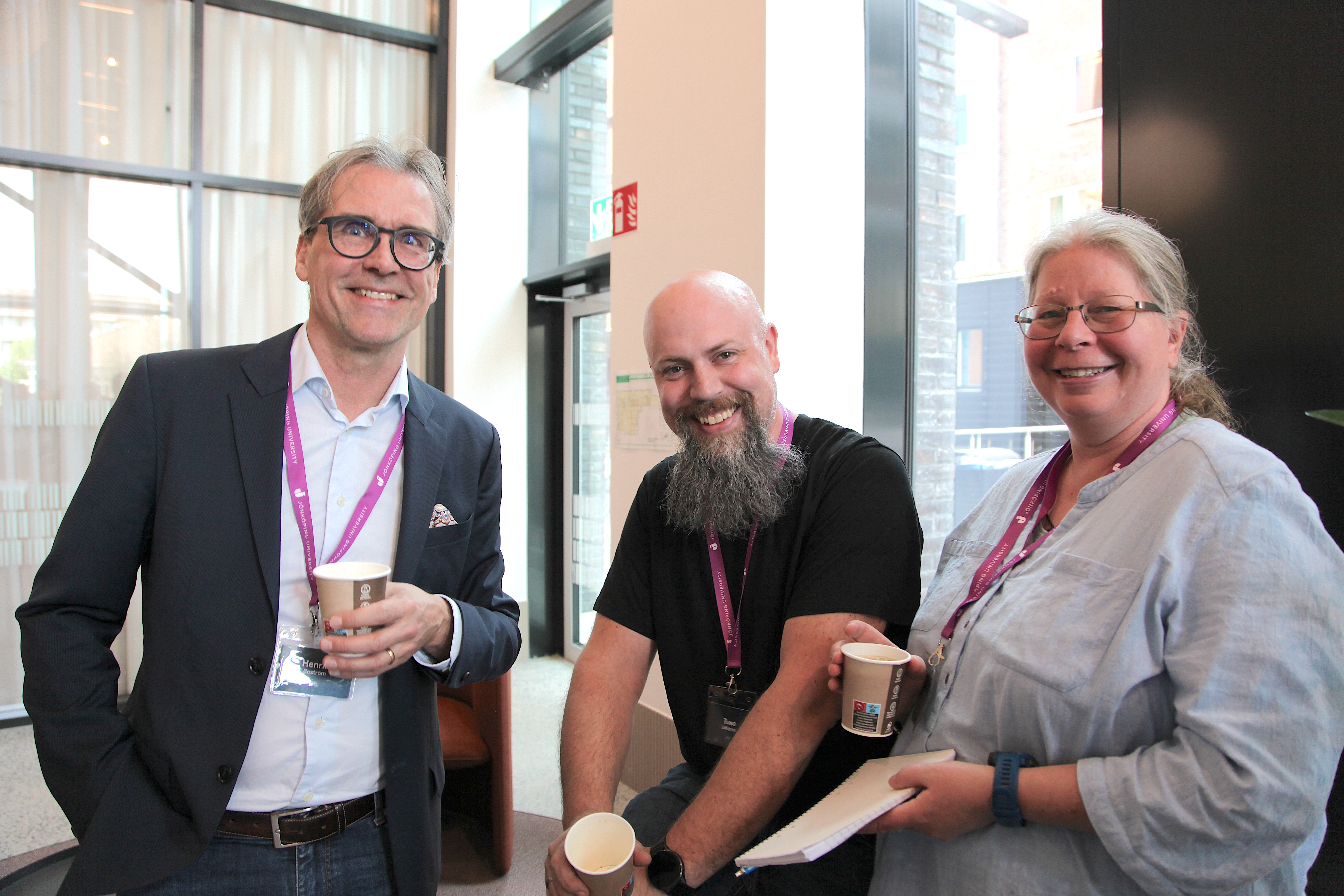
Henrik Boström, Professor at KTH, and AFAIR researchers Tuwe Löfström and Cecilia Sönströd.
Will AI take our jobs?
This is a question many ask when AI is to be introduced into workplaces.
– Recently, we have seen a new societal discourse with a more nuanced picture. From AI replacing jobs to AI becoming a collaboration partner, said Elena Raviola, emphasising that AI is a collective term for several different functions, and this must be considered when implementing new technology in the work environment. AI is portrayed as a revolution, but we must remember that we have already undergone extensive digitalisation and thus have experiences we can draw upon. Long-term perspectives, education, and support when introducing AI are crucial for a good environment in the workplace.
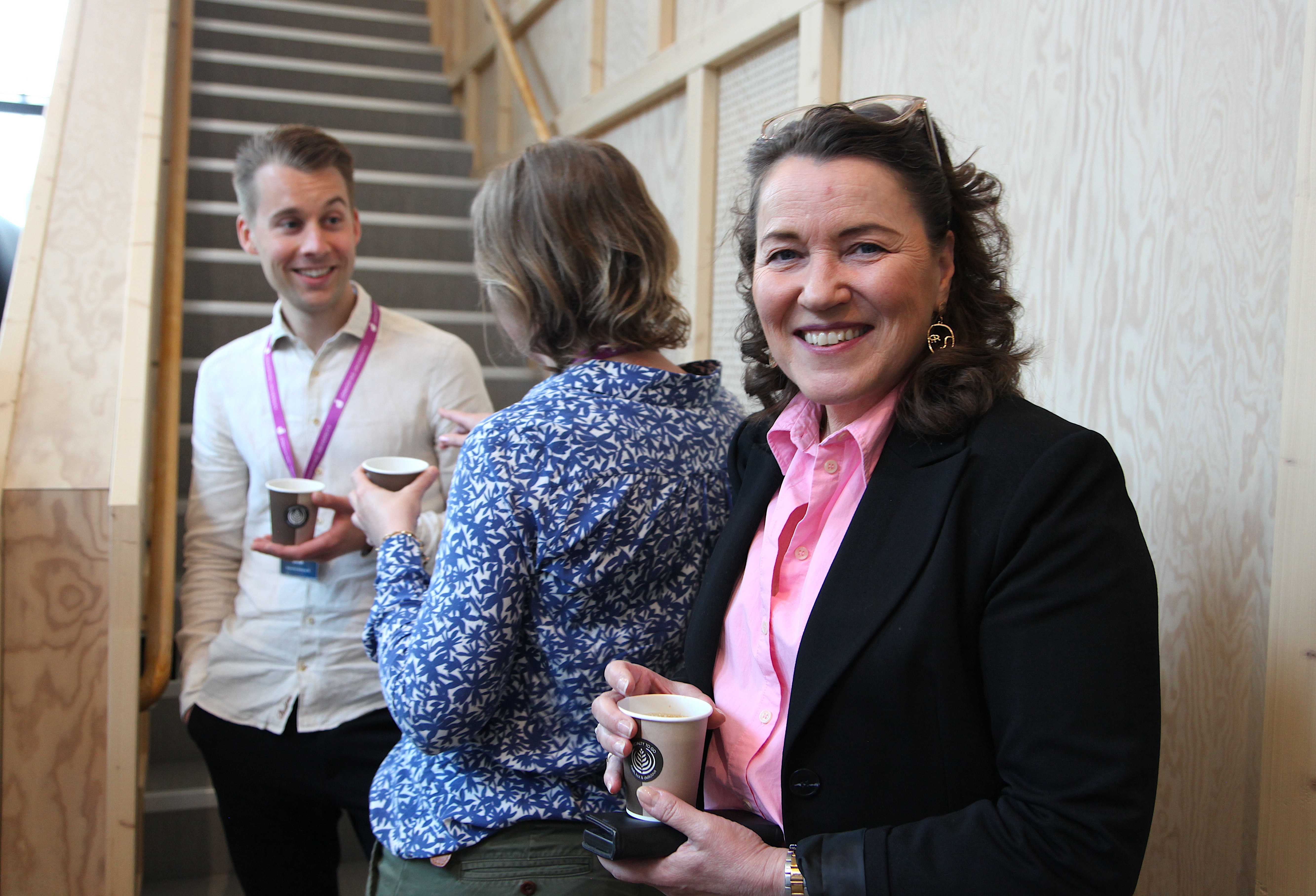
Annika Engström researches within the framework of AFAIR.
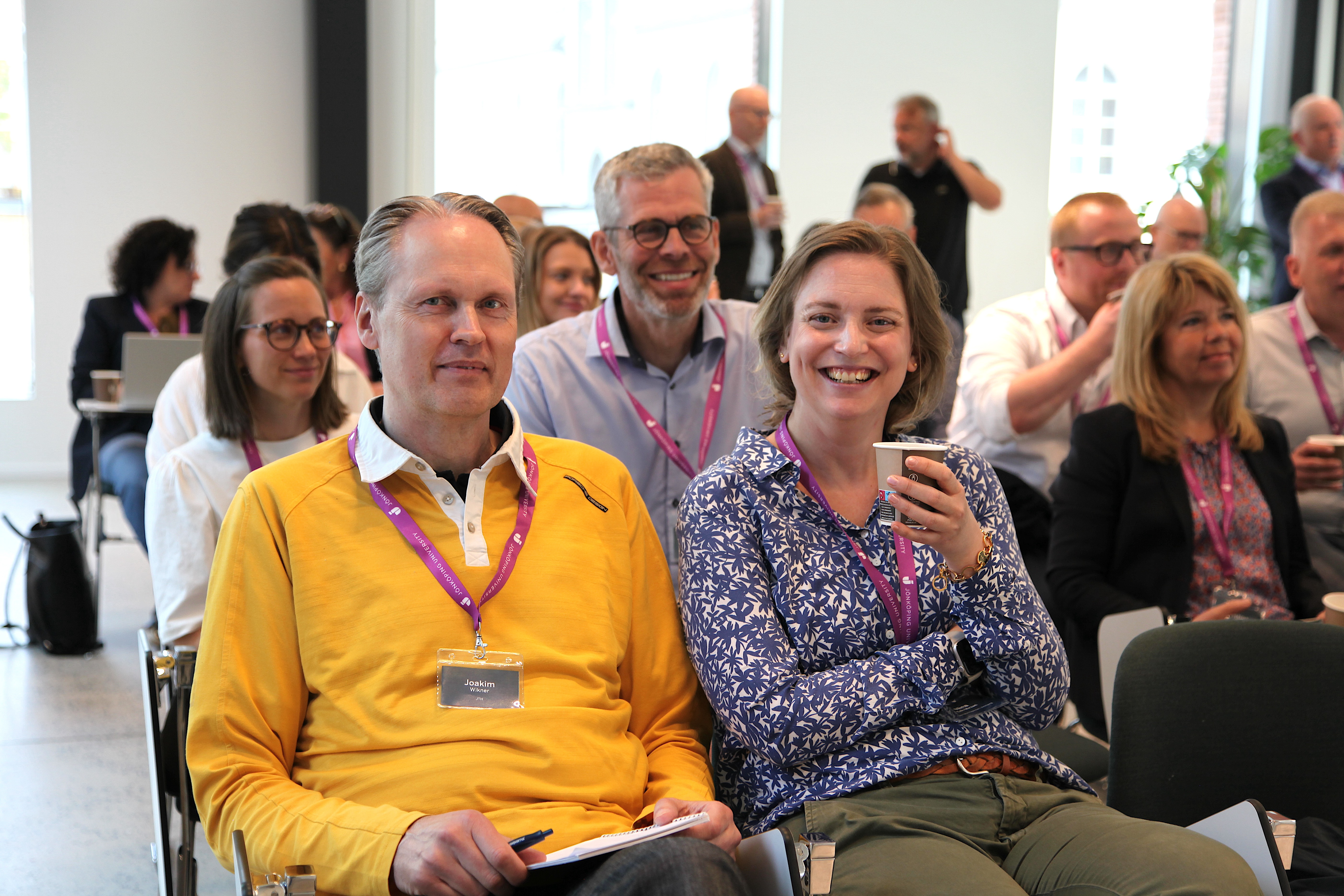
Professor Joakim Wikner and Nina Edh Mirzaei, JTH/AFAIR
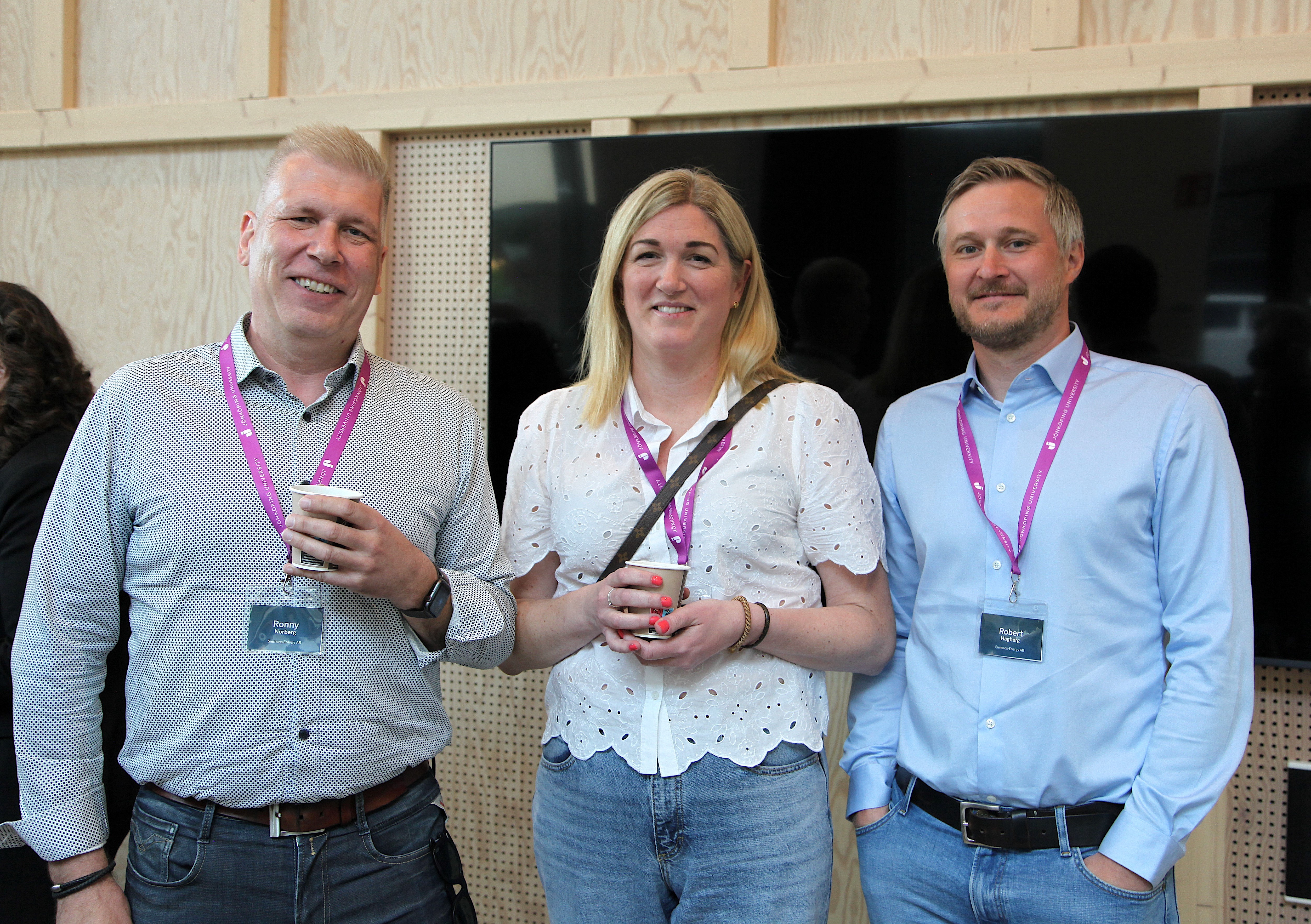
Ronny Norberg, Sandra Helbro, and Robert Hagberg from Siemens Energy.


